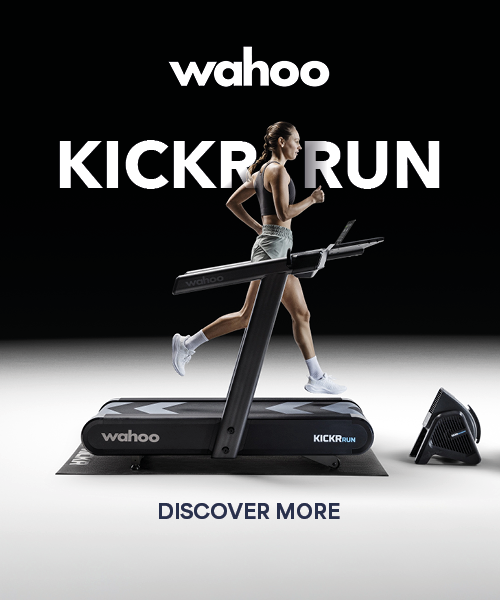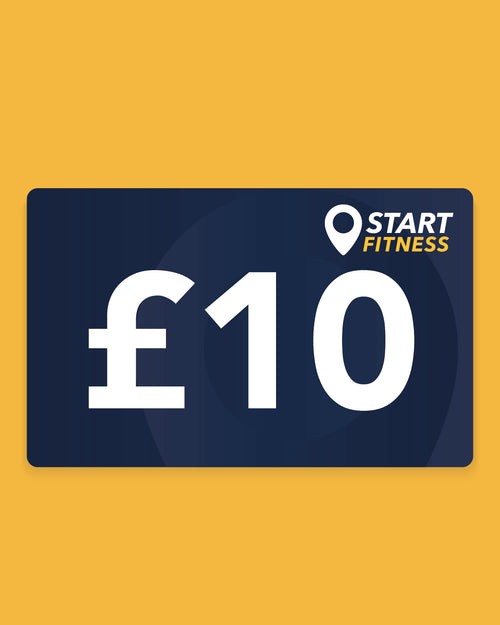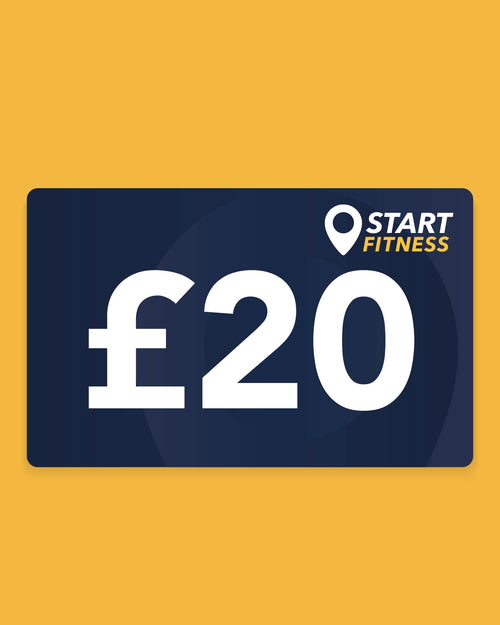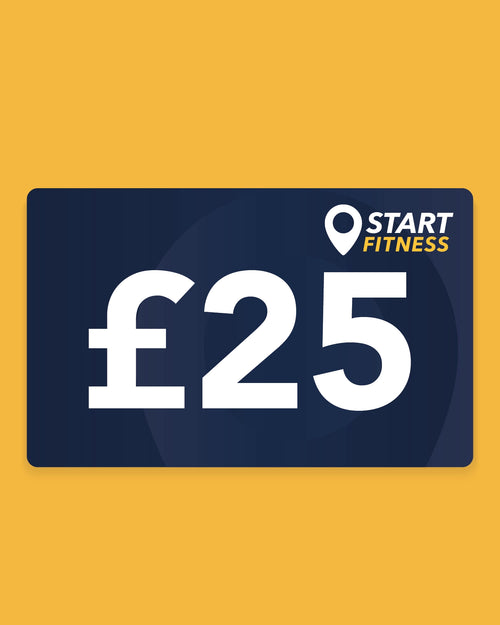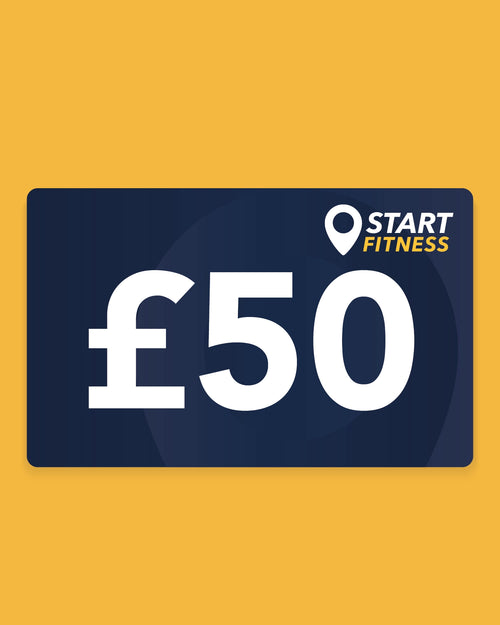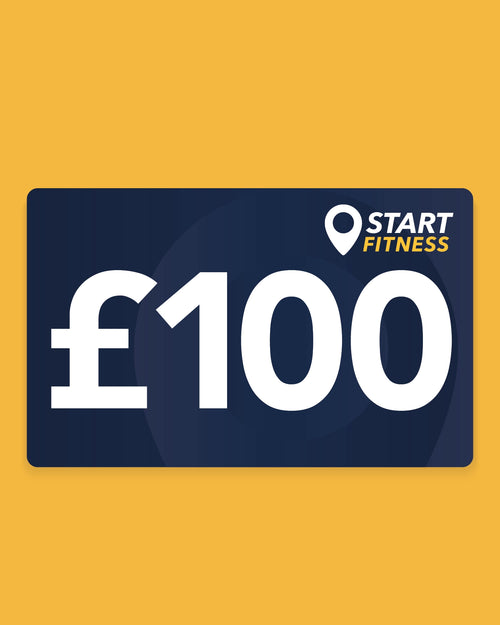Running a marathon is an amazing accomplishment and can be very rewarding, but its challenges shouldn’t be underestimated. Whether you’re running for a charity or just looking for a new challenge, a marathon has a full length of 26.2 miles, so you’ll need to ensure that you are fully prepared to tackle this test of stamina and strength.
Taking on a marathon requires a solid training plan that will help you achieve your goals and get you to the finish line. We have created this training guide to help you with everything you need, from finding the best running shoes to an in-depth weekly running plan for intermediates and novices alike.
How long does it take to run a marathon?
A marathon is 26.2 miles or if you prefer to measure in kilometres, 42.1 km. Depending on your skill level it can take the average runner anywhere from around 4-5 hours to complete, which is why a marathon is such a commitment. It’s important to know what to expect and how best to prepare your body for the race.
How long should I train for a marathon?
For most runners, training for a full marathon can take between 16-24 weeks. The duration you choose should be based on your current fitness levels and running abilities. While in this guide we provide a 16-week plan, it’s better to increase the longevity of your training than enter the race unprepared, so be sure to adjust accordingly.
When training for a full marathon, we recommend running about 3-5 times per week, but don’t push yourself beyond your limits as this could result in injury and see you lose progress. Make sure to allow plenty of time for rest and recovery, as this is just as important as training. We recommend you take at least two full rest days per week.
To help you create a suitable and realistic training plan for your skill set, we’ve provided some plans you can follow below. In addition to these running plans, we also suggest you follow a strength training programme as this can prevent injury and protect your joints from impact. This could be anything from pilates to yoga or weightlifting.
A marathon training plan for beginners
For those new to long-distance running events, this plan has been designed to get you ready for your first marathon. However, as a beginner, if you haven’t already done so you may wish to try a half marathon first, which is a 16.1-mile distance run. A half marathon is of course still a challenge, but won’t be as intimidating as the full 26.2 miles. We have a great training guide for running a half-marathon to help you if you’d rather test the waters before jumping into a full marathon.
The below plan includes a slow build-up of speed and endurance and is beginner-friendly for those who are completely new to marathon training. As you run more and for longer distances, you should begin to incorporate easy recovery runs, which are low-impact runs that you do with light and controlled effort. This training style is great for when your legs are tired and sore from previous exercises, but you need to stay on top of your training.
- Week 1 - 2 easy 20-minute runs, one longer 3-mile run
- Week 2 - 2 easy 30-minute runs, one long 4-mile run
- Week 3 - one easy 35-minute run, one 2-mile interval run, and one longer 5-mile run.
- Week 4 - one easy 40-minute run, one 3-mile interval run, and one longer 6-mile run.
- Week 5 - one easy 45-minute run, one 4-mile interval run, and one longer 8-mile run.
- Week 6 - one easy 50-minute run, one 5-mile interval run, and one longer 10-mile run.
- Week 7 - one easy 55-minute run, one 6-mile interval run, and one longer 12-mile run.
- Week 8 - one easy 60-minute run, one 3-mile interval run, one 13.1-mile run (a half marathon)
- Week 9 - one easy 30-minute run, one 20-minute recovery run, one longer 8-mile rule
- Week 10 - one easy 70-minute run, one 5-mile interval run, one longer 10-mile run.
- Week 11 - one easy 75-minute run, one 7-mile interval run, and one longer 14-mile run.
- Week 12 - one easy 80-minute run, one 8-mile interval run, one longer 15-mile run
- Week 13 - one easy 85-minute run, one 9-mile interval run, and one longer 16-18 mile run.
- Week 14 - one easy 60-minute run, one 10-mile interval run, and one longer 20-22 mile run.
- Week 15 - one easy 60-minute run, one 20-minute recovery run, one 10-mile run
- Week 16 - one short 20-minute run, one 25-minute recovery run or swim, and finally on race day, your 26.2-mile marathon run.
Remember to take plenty of breaks and rest days during your training programme, and as we mentioned earlier, incorporate strength and recovery exercises into your plan. Strength exercises can be anything from lifting weights to cycling, and recovery exercises are usually easy on your body. Swimming is a great recovery exercise as it’s easy on your muscles and joints, which can prevent muscle strain and tightness from building up.
Marathon training plan for intermediate runners
No matter how skilled you are at running, it’s best practice to have a solid training plan to keep your stamina and strength high. This plan is for runners who already have experience running long distances, but are looking to test their endurance in a race.
In this plan, we have introduced tempo runs, which are continuous sessions without breaks that are maintained at a controlled and challenging pace. Tempo runs are challenging and it means pushing yourself without causing injury and fatigue. They are a great way to test your stamina and increase your endurance.
- Week 1 - one easy 30-minute run, 30-minute tempo run and one long 7-5 mile run, with intervals of rest
- Week 2 - one easy 30-minute run, one 30-minute interval run and one longer 45-minute run
- Week 3 - one easy 30-minute run, one 35-minute interval run, one longer 8-9 mile run
- Week 4 - one easy 30-minute run, one 40-minute tempo run, one longer 10-20 mile run
- Week 5 - one 40-minute easy run, one 40-minute interval run, one longer 10-12 mile run
- Week 6 - one 45-minute easy run, 45-minute interval run, one 75-minute run
- Week 7 - one 50-minute easy run, one 20-minute recovery run or a swim, one 13.1-mile run(half marathon)
- Week 8 - one easy 20-minute run, one 15-minute recovery run or swim, one 6/8 mile run
- Week 9 - one 60-minute easy run, one 50-minute tempo run, one 20-minute run, 14-16 mile run
- Week 10 - one 65-minute easy run, one 50-minute interval run, one 90-minute run
- Week 11 - one 70-minute easy run, one 55-minute interval run, one 16-18 mile run.
- Week 12 - one 75-minute easy run, one 55-minute tempo run, one 120-minute run
- Week 13 - one 80-minute easy run, one 25-minute recovery run or swim, one 20-22 mile run
- Week 14 - one easy 85-minute run, one 60-minute interval run, one 24-mile run
- Week 15 - one easy 60-minute run, one 20-minute recovery run, one 10-mile run.
- Week 16 - one 20-minute easy run, one 20-minute recovery run, one 26.2-mile marathon run on race day.
What to wear while training for a marathon
Alongside a strong training routine, you will need a good set of running gear to help enhance your performance. The clothes you choose are important to ensure you maintain a comfortable temperature. You’ll also need to know what kind of shoes are the best for providing both structure and bounce, as this will support your feet and provide you with essential cushion for running long distances. Running a marathon in the wrong shoes may cause blisters and discomfort during your race, which can lead to injury, so picking the right shoes is key when preparing for a marathon.
The best clothes for marathon training
When it comes to running clothes, it's a good idea to have a variety of options to battle all types of weather. This is especially true when it comes to the day of the marathon, as the last thing you want is the temperature holding you back. On warmer days, it’s naturally best practice to keep it as light and airy as you can, with loose shirts, breezy shorts and breathable footwear. You may want to wrap up a bit warmer in cooler times, with leggings and a running jacket. However, keep in mind that you will warm up as you run so don’t add too many layers.
If you need inspiration for what you should wear during your training, we’ve crafted specialist running collections that have everything you need, from men’s running leggings and running tights to lightweight running jackets and running socks so you can be prepared for marathon training all year round.
The best shoes for running a marathon
The most important part of your running gear when training for and running a marathon is by far your shoes. You need something comfortable that will provide structure and cushion to your feet. Find a pair with a supportive midsole and a secure heel so your shoes won’t slide around or rub on your feet. A breathable shoe with mesh material and a rubber sole provides comfort and will give you the best bounce while running.
To help you find the perfect shoe for your needs, we’ve broken it down into types - from shoes that will help support speed, to shoes that are comfortable for long distances.
Carbon-Pleated race day shoes - They’re great for runners who want a responsive shoe for running fast. A great example of this are these adizero adios pro 3 running shoes, they’re lightweight and are made to optimise efficiency while running to give your an extra boost while taking your speed to the next level.
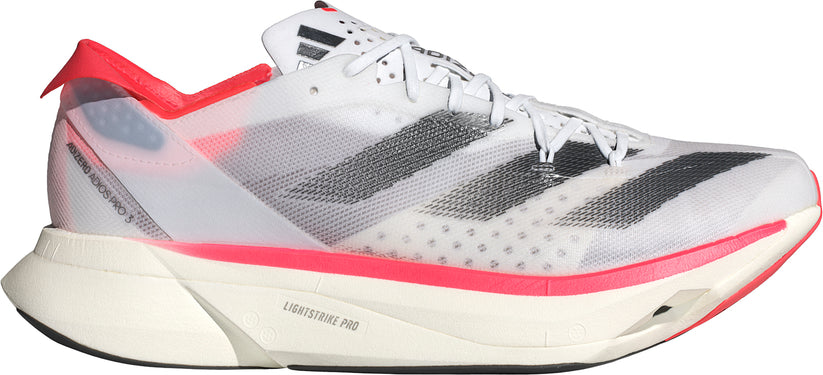 |
Adizero Adios Pro 3 Running Shoes
Max cushioned shoes - If your goal is to focus on distance rather than pace then try these Asics gel nimbus shoes. Made to feel like you’re landing on a cloud with every step, these running shoes are built to give you a smoother running experience and are perfect for keeping you going for longer distances.
 |
 
|
| Gel Nimbus 27 Mens Running Shoes - Blue | Gel Nimbus 27 Womens Running Shoes - Black |
Or you can try these Asics gel kayano running shoes for extra support. They’re another great shoe if you’re prioritising running long distances as they come with revolutionary technology that delivers adaptable stability for your feet. They’ll help you experience a more supportive and balanced stride which will see you through mile after mile during your marathon.
 |
 |
| Gel Kayano 31 Womens Running Shoes - Black | Gel Kayano 31 Mens Running Shoes - Black |
For the best comfort on the day of your marathon, we recommend breaking in your shoes while training and allowing them to adjust to your feet. Then wear them on the day of the marathon so you can run in comfort and confidence. Need more inspiration? Browse our full running shoe collection.
What you’ll need while training for a marathon
There are many things alongside a good training program that can help you boost your performance both during training and on the day of the marathon. A balanced diet is one of them and is essential for building your stamina and strength. As you increase your running distance you’ll want to make sure you also increase the amount of carbs you’re eating as this will provide you with more energy.
Electrolytes are another great way to get your essential minerals, as well as stay hydrated while you’re training. Including electrolyte drinks in your diet will help to replace the nutrients lost while sweating, such as sodium, magnesium and potassium, which will help you to run much longer distances without getting dehydrated.
If you find yourself needing that little extra boost while running, then you can also opt for supplements such as SiS GO Electrolyte Drink Powder or if you want something quicker for on-the-go try the SaltStick Electrolyte Capsules.
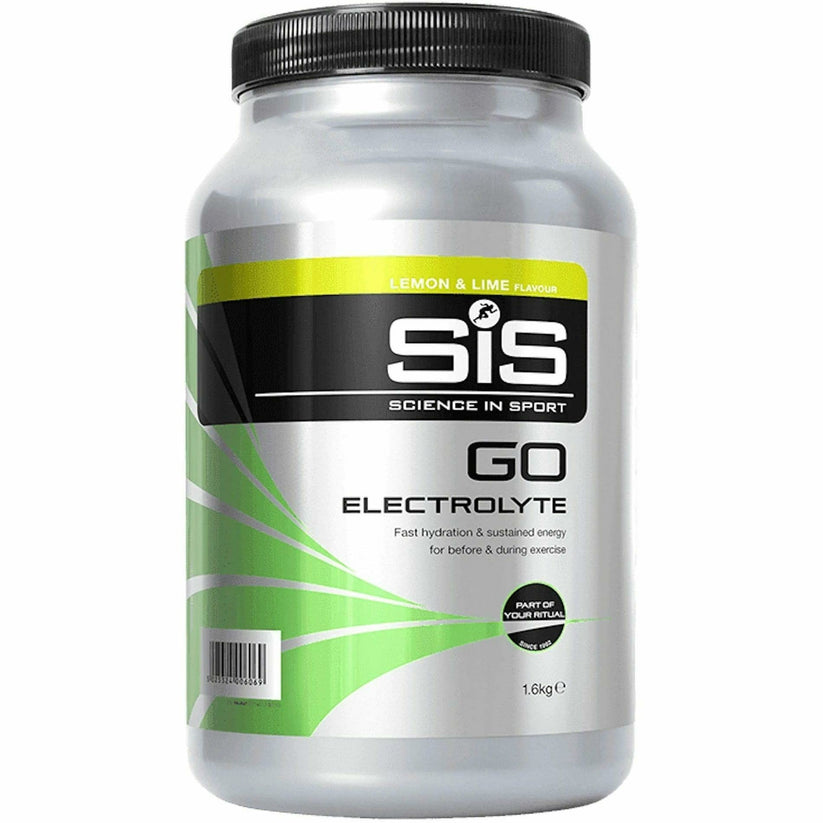 |
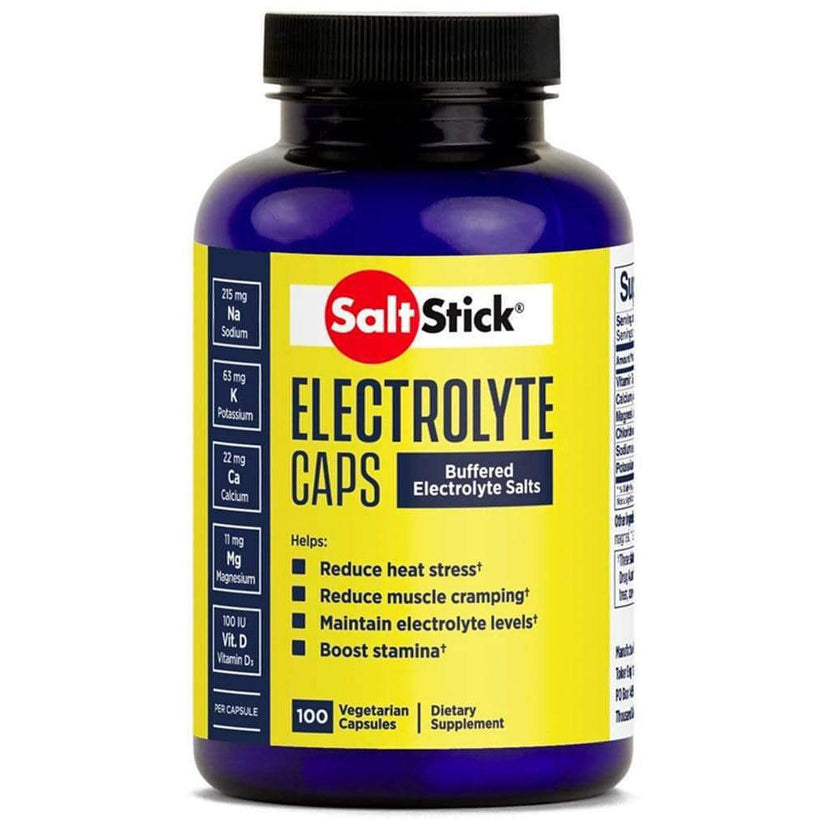 |
| SiS GO Electrolyte Drink Powder | SaltStick Electrolyte Capsules |
What to eat before running a marathon
Carbohydrates are a great choice to eat before the marathon. Try some porridge or wholemeal pasta, but be careful to only give yourself small portions as eating too much will make it harder for your body to digest and might upset your stomach. Fruits and vegetables are another great pre-marathon food of choice. Make sure you eat no sooner than two hours before the race to allow sufficient time for it to digest.
Get prepared to run a marathon with Start Fitness
We believe that the right running gear can take you that extra mile, keep you comfortable and help you accomplish your goals. Worn or impractical gear can hold you back from performing your best. With the best running shoes for men and women that will support your feet and a wide selection of running clothes to choose from, we can help ensure you’re prepared for any race.


